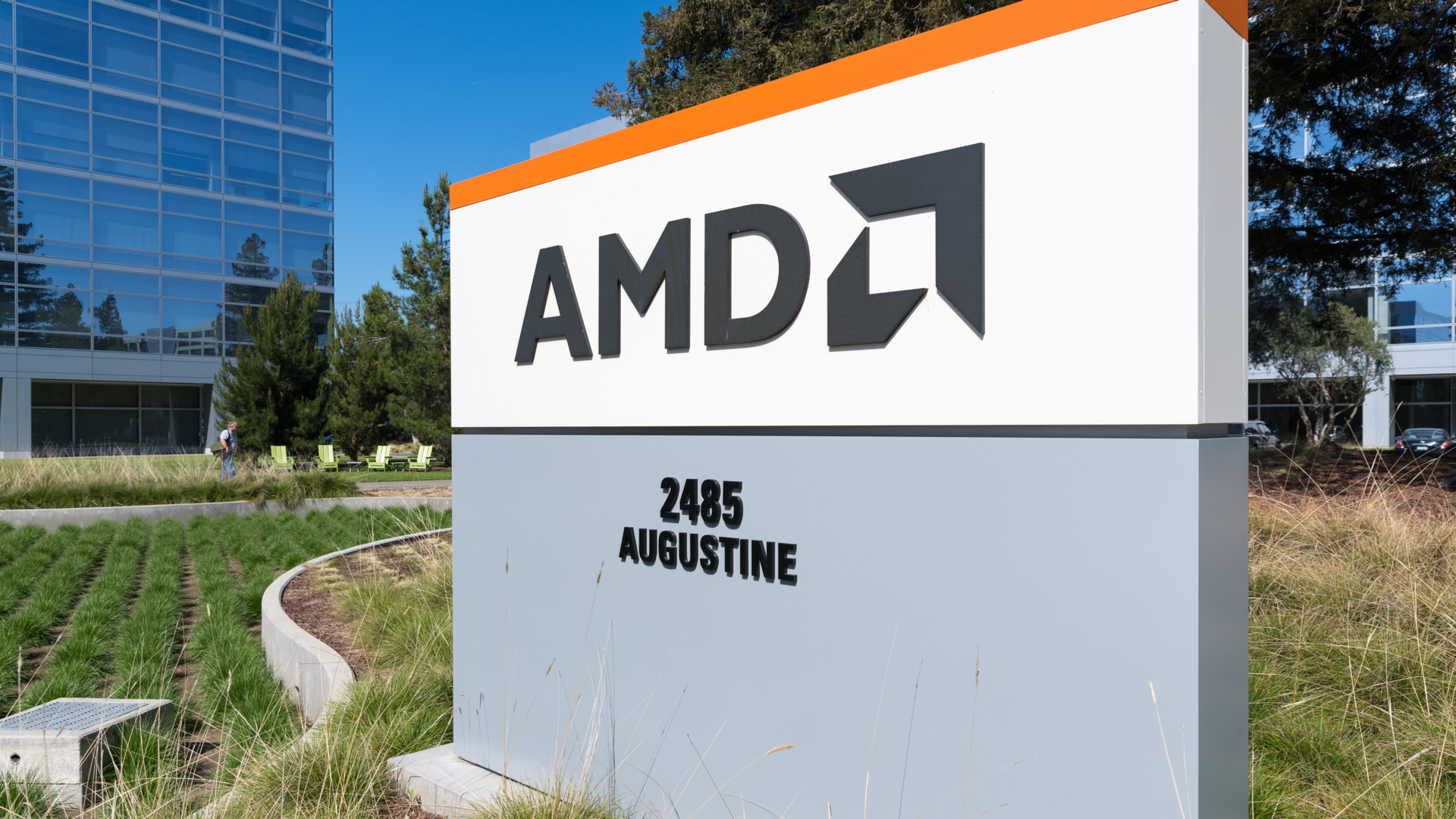AMD continues to steal CPU market share – but Intel isn't going down without a fight
A new market share report reveals just how well AMD is doing

Sign up for breaking news, reviews, opinion, top tech deals, and more.
You are now subscribed
Your newsletter sign-up was successful
A new report has laid bare just how well AMD is doing with chipping away Intel’s CPU market share, with sales of its 7nm Ryzen 3000 processors allowing AMD to begin to seriously challenge Intel’s market-leading position.
The report comes from Mercury Research, a market analyst firm that specialises in PC components, and it seems like AMD is doing incredibly well, with its latest 7nm processors – and aggressive pricing strategy – paying off.
- Best Intel processors 2019
- Intel admitted AMD was winning, but it has plans
- AMD vs Intel: which processors are better?
However, while AMD is certainly on a roll, its old rival Intel doesn't seem to be going down without a fight.
Growing market share
AMD now has an 18% market share when it comes to the desktop CPU market. This is a leap over the previous quarter, which was 17.1%, and is an impressive 5% increase year-over-year.
While Intel still enjoys a hefty lead over AMD, it surely can’t be too pleased with those numbers – especially as they will very likely continue to improve.
This is because AMD had encountered some supply issues when it first launched its Ryzen 3000 processors, and was unable to deliver enough chips to meet demand. With those supply issues seemingly fixed, AMD should have no issue with flooding the market with its in-demand CPUs.
With the powerful AMD Ryzen 9 3950X and new Threadripper processors due to land imminently, AMD could see another wave of strong sales, potentially further increasing its CPU market share.
Sign up for breaking news, reviews, opinion, top tech deals, and more.
On the server side of things, AMD has now got 4.3% market share, and while that still represents a huge uphill battle, it’s going in the right direction with a year-over-year increase of 2.7%.
The data from Mercury Research has slightly different numbers to the ones AMD released, which predicts a bigger market share, due to the different types of processors they count.
AMD’s market share when it comes to mobile processors (found in laptops) has also been improving, with a 14.7% market share in the third quarter of 2019, an increase of 0.7% from the previous quarter, and 3.8% increase year-over-year.
With AMD’s CEO, Lisa Su, promising Ryzen 4000 Mobile processors in early 2020, we could see further growth in this key market for AMD. It’s already scored a big win with Microsoft releasing an AMD-powered Surface Laptop 3. Previously, Surface devices have used Intel processors exclusively.
With Ryzen 4000 Mobile processors bringing the 7nm process and Zen 2 technology to laptops, these new chips should address some of the complaints previous AMD-powered laptops have been subjected to, especially around poor battery life and general performance.
The war is on
While Intel remains in the lead in each part of the CPU market, AMD is doing a fantastic job of growing its market share in every area. Its recent successes have certainly appeared to provoke Intel into fighting back, with the current market leader cutting the prices of its products seemingly in response to AMD’s renewed threat to its market share.
And while it looks like Intel’s ongoing supply shortages could be a blessing for AMD, and last well into 2020, the company is looking to aggressively take on AMD when it comes to winning back the process lead. Currently, AMD is ahead with its 7nm process, which Intel won’t match until 2021.
So, it looks like things could be getting very interesting in the CPU market share war.
- Best processors 2019: the top CPUs for your money
Via Tom’s Hardware

Matt is TechRadar's Managing Editor for Core Tech, looking after computing and mobile technology. Having written for a number of publications such as PC Plus, PC Format, T3 and Linux Format, there's no aspect of technology that Matt isn't passionate about, especially computing and PC gaming. He’s personally reviewed and used most of the laptops in our best laptops guide - and since joining TechRadar in 2014, he's reviewed over 250 laptops and computing accessories personally.